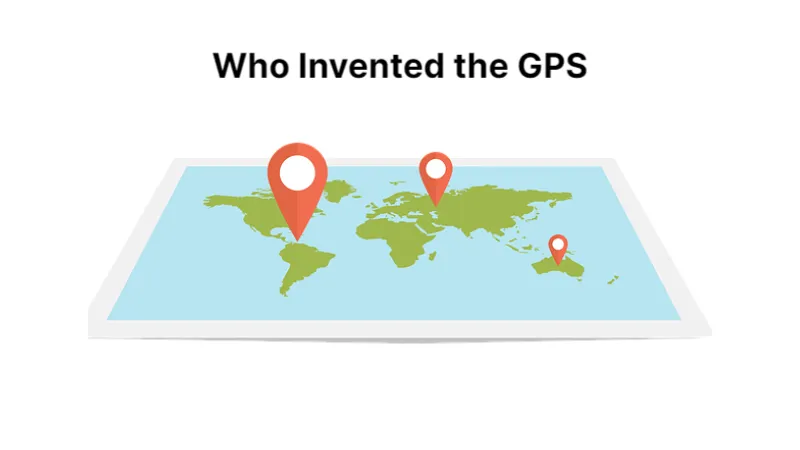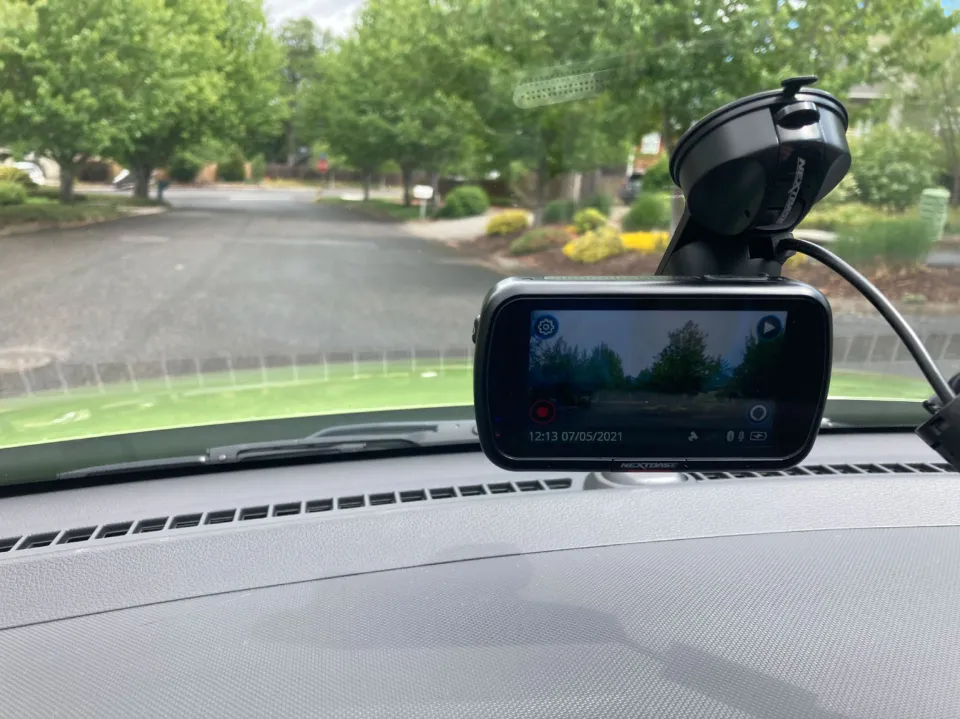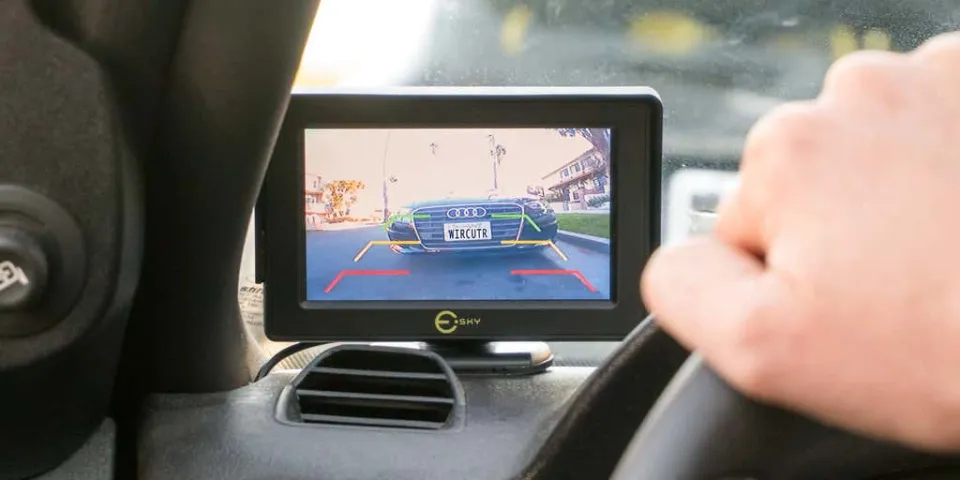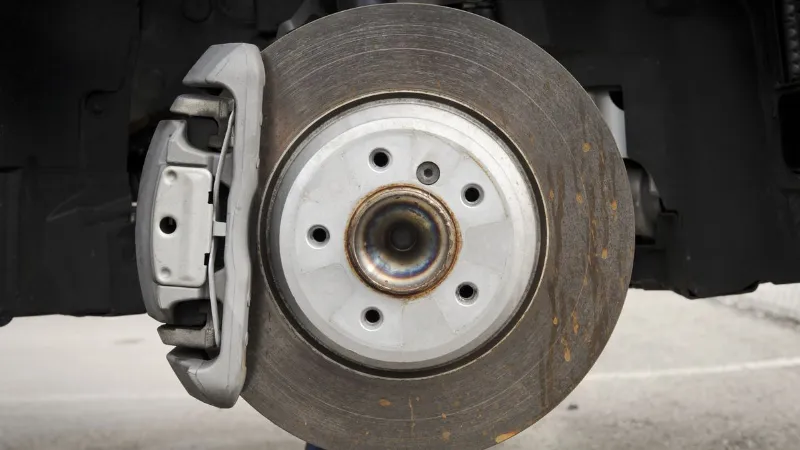At some point, the majority of us will have used GPS, but who deserves credit for its creation? So, who invented the GPS?
In general, there are four important scientists made contribution to GPS development, they are Roger L. Easton, Ivan Getting, Bradford Parkinson, and Dr. Gladys West.
The Global Positioning System (GPS) network of more than 30 satellites was first created in the 1970s for use by the US armed forces. Since then, it has been utilized in everything from archaeological surveys to self-driving cars.
Who Invented the GPS?
Here are four important scientists for the development of GPS:
Roger L. Easton
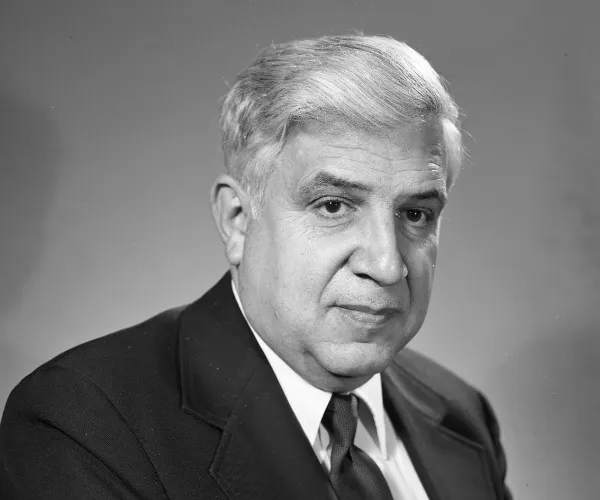
This individual was the former director of the space applications division of the Naval Research Laboratory, and he was responsible for several engineering developments that made it possible to create the GPS. Scientist working on satellite tracking technology during the Cold War, Easton created the time-based navigational concept known as TIMATION. This system made use of passive ranging, circular orbits, and space-based high precision clocks that were synced to a master clock. These features are still essential in today’s GPS systems.
Ivan Getting
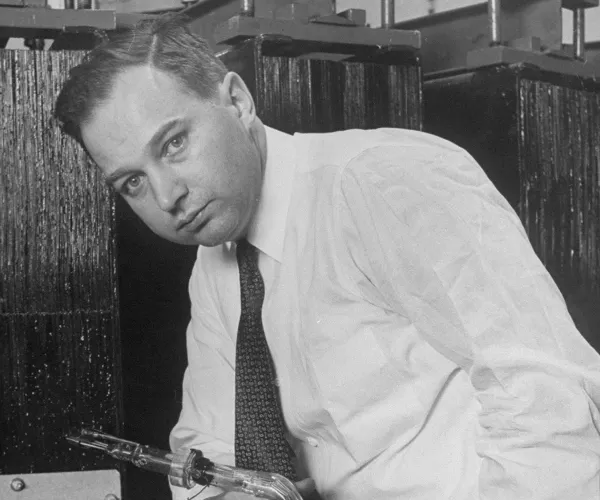
Dr. is given credit by the Inventors Hall of Fame. Getting for pressing forward “the concept of using an advanced system of satellites to allow the calculation of exquisitely precise positioning data for rapidly moving vehicles, ranging from cars to missiles.”
This founding president of The Aerospace Corporation is also recognized by the American National Academy of Engineering who awarded him the Charles Stark Draper Prize for Engineering in 2003 for the “concept and development of the GPS”. More particularly, the Academy gives Dr. Getting for his work on “the design of The success of GPS depended on its operational value and on careful planning, negotiation, and agreement-making with all system stakeholders.
Dr. Getting proposed a three-dimensional, time-difference-of-arrival position-finding system for navigation and by his own admission, “one of the proposals put forth by What is now the GPS was originally known as the Aerospace Corporation.” The Navy had already created a very good space navigation system when this proposal was presented to the Department of Defense, but Dr. Getting says, “The Director of Defense Research & Engineering (DDRE) came to the conclusion that only one system was needed, and that it should be based on the Air Force/Aerospace concept known as GPS, developed by the Air Force with input from all three services.”
Bradford Parkinson

From 1972 to 1978, Parkinson served as the NAVSTAR GPS Joint Program Office’s leader. The Inventors Hall of Fame is clear that “as the program’s first manager, he has been the chief architect of Throughout the system’s conception, engineering development, and implementation, GPS was used.” As a result, Parkinson has earned the moniker “Father of GPS.”
Dr. Gladys West

For Dr. West, the road to becoming acknowledged as one of the key figures responsible for the creation of the GPS was a long one. Dr. West began working at the US Naval Weapons Laboratory in 1956. Before the Air Force took over control of space operations in 2004, this location was at the forefront of the post-Cold War space race and was home to the Naval Space Surveillance Center. Dr. X is a trained mathematician. To assist in locating them precisely, West would crunch numbers and analyze data from satellites.
How Does GPS Work?
Satellites, ground stations, and receivers make up the three components of the GPS system, which is known to exist. The stars in the previously mentioned constellation are satellites.
There are 31 satellites that broadcast radio signals with precise time and location information thanks to atomic clocks on board. At 300,000 kilometers per second, or at the speed of light, these signals move through space. The precise locations of these satellites are determined by ground stations using the signals they receive.
How Does GPS Tracking Work?
These radio signals are picked up by a GPS device, such as your phone, and are used to determine two things. It begins by figuring out how far away each satellite is. It is possible for the device to determine its three-dimensional location on earth once it knows how far it is from at least three satellites. In a matter of seconds, latitude, longitude, elevation, and time are all solved for.
Read about: How to Find a Gps Tracker on Your Car?
How Accurate is GPS?
Although GPS receivers can be impacted by a variety of factors, GPS satellites always broadcast with a high degree of accuracy. Buildings and trees may block satellite signals. The receiver may be underground. These are the most frequent reasons for improper positioning.
Recent data from the Federal Aviation Administration demonstrates that GPS receivers maintain a 95% accuracy despite not being a perfect system. A reliable network with high accuracy has been demonstrated statistically and practically by the GPS.
What Was the GPS Originally Invented For?
Its original purpose was to more precisely locate military transportation equipment around the world and to replace outdated navigational methods. After the Korean Airline disaster in 1983, President Reagan finally declared that GPS would be ready for civilian use when it was finished.
The Reagan administration understood the importance of GPS to American security. citizens. The GPS has evolved over time into a free, widely used tool that not only increases our safety but also makes life more convenient.
Innovation We Take for Granted
GPS was created when? Now that you know the solution to that and a lot more. Even though the modern GPS is likely a technological development that most people take for granted, the military has always relied on it. Whether it’s a tiny GPS tracker for your car or the navigation system for U.S. military aircraft and vessels, GPS powers it all.

